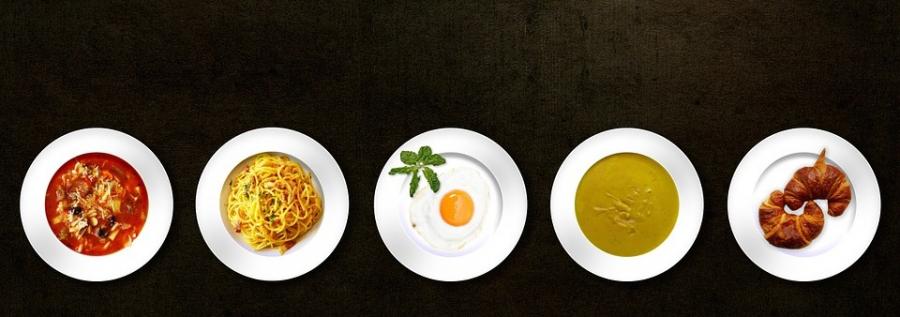
Eating is one of our most enjoyable activities. And yet, even in this land of plenty, so many people come to our offices, asking for help with an unbalanced, unhappy relationship with food. Patients have come to me in despair, saying, “There’s nothing left that I can eat. Beef contains hormones, chickens are raised under cruel conditions, salmon is endangered, cheese and eggs have too much saturated fat, tofu contains estrogen-like compounds, I won’t eat anything that’s processed, I think I’m sensitive to gluten, I read that the nightshade family makes arthritis worse, and dairy products give me gas. “
This form of distress over eating correctly (nutritionally and environmentally correctly) has become so common it has a clinical name: orthorexia.
Food anxieties may be based upon accurate information, inaccurate information or upon fear of losing control. Often people misinterpret normal bodily symptoms.
For example, intestinal gas does not mean that a person is allergic to all dairy products and thus must avoid them entirely. It may be the result of gulping air while drinking; it may signal the need for lactose-reduced milk, enzyme supplements or a switch to sensible rationing of dairy intake. Some people can eat cheese toppings or a cup of yoghurt without problems, but do experience bloating and gas if they drink a glass of milk.
Even true severe food allergies can be amenable to desensitization, as recent research work with children allergic to peanuts has shown. In studies in the UK and America, severely allergic children were given, under medical supervision, increasing amounts peanuts, starting with “dust.” Eventually they could eat about 30 peanuts without symptoms.This enabled them and their parents to live free of constant fear that they would accidentally eat a peanut and die.
It can help to make a list with clients of the foods or categories of foods (like carbohydrates) that they fear eating. Go over the list and categorize them as to source (Eg. correct or incorrect information). Gently correct any misinformation. Invite the client to bring a stance of mindful and gentle curiosity as they become aware, for one week, of how the mind interprets and jumps to conclusions about bodily symptoms, (Eg. interpreting abdominal discomfort as anything from hunger to allergies to cancer.)
Encourage them to return the mind’s awareness to the arising and disappearing of physical sensations alone, without any interpretation.
Encourage them to try small amounts of foods they have been avoiding, one food at a time.
Anxiety and fear can destroy our natural pleasure in eating. Mindfulness brings an attitude of investigation and discovery that can restore a sense of balance and ease as we choose, prepare and savor our food.

